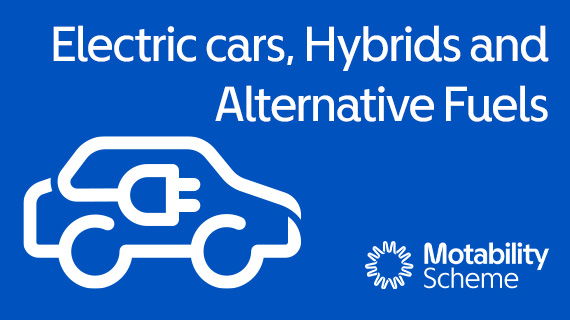
The use of fully electric vehicles (EVs) is becoming increasingly popular as we quickly approach 2030 when petrol and diesel cars will stop being produced. Here at TC Harrison, we understand how important it is for all our Motability customers to know if an electric vehicle can benefit them.
With the rise of electric vehicles (EVs) and the current 2035 ban on new petrol and diesel cars approaching fast, you might be curious if an EV suits your needs. At TC Harrison, we understand this is a major shift and want to help Motability customers like you navigate the world of EVs. Check out our frequently asked questions about EVs on the Motability Scheme and discover if this exciting option fits your individual circumstances. Don't miss out on the benefits of electric driving – let's explore it together!
Electric vehicles generally have a higher upfront cost compared to traditional petrol or diesel cars. However, they can offer lower running costs and maintenance expenses over the long term. Additionally, the government often provides grants and incentives to promote the adoption of electric vehicles, which can help offset the initial cost.
Opting for an electric vehicle through the Motability scheme comes with several benefits. These include lower or zero road tax, reduced running costs due to cheaper electricity compared to petrol or diesel, and the environmental advantage of zero tailpipe emissions. Electric vehicles also provide a quieter and smoother driving experience.
The driving range of an electric vehicle can vary depending on several factors, including the vehicle model, battery capacity, driving conditions and weather. Modern electric vehicles typically offer a range of 100-300 miles on a single charge. It's essential to consider your daily driving requirements and charging infrastructure availability to determine whether an electric vehicle suits your needs.
The charging time for an electric vehicle depends on the charging method and the vehicle's battery capacity. Charging speeds can range from a few hours with fast chargers to several hours or overnight with standard home charging points. Rapid charging points can provide an 80% charge in around 30 minutes, but these are less common. Charging times can vary, so it's important to understand the charging capabilities of the specific electric vehicle model you choose.
Yes, you can charge an electric vehicle at home. Most electric vehicle owners install a home charging point or use a standard three-pin socket. A dedicated home charging point is recommended as it provides faster charging speeds and additional safety features. You may be eligible for a government grant to assist with the cost of installing a home charging point.
Choosing an electric vehicle depends on several factors, including your driving habits, daily mileage, access to charging infrastructure and personal preferences. It's recommended to research and consider the driving range, charging capabilities, and suitability of electric vehicles for your lifestyle. Additionally, test drives and consultations with dealership experts can provide valuable insights to help you determine if an electric vehicle is right for you.

We cover four counties, supporting private and business drivers throughout UK.
Find a dealer